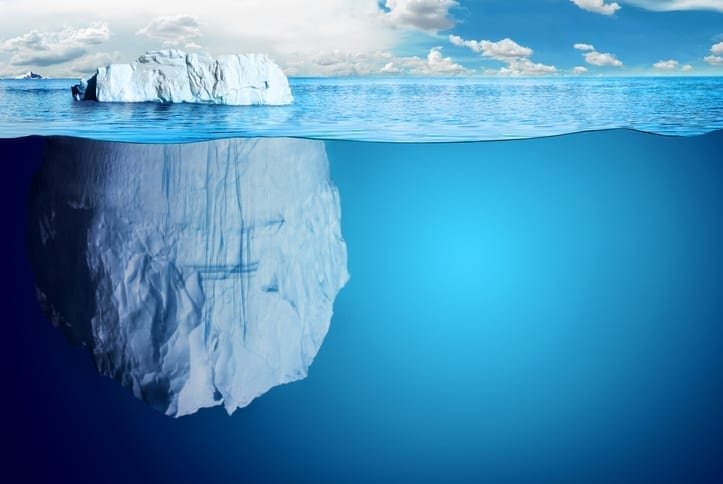Yesterday (11 April), Greenpeace launched one of its biggest ever expeditions – an almost year-long pole-to-pole voyage from the Arctic to the Antarctic.
The goal is to highlight the many threats facing the oceans and to campaign for a Global Ocean Treaty covering all seas outside of national waters.
Visiting the front lines
The expedition will cover many of the areas identified as in need of protection by the groundbreaking academic study 30×30: A Blueprint for Ocean Protection, released last week.
Scientists and campaigners will team up to research the threats of climate change, overfishing, plastic pollution, deep sea mining and oil drilling.
‘Our blue planet is under threat and it’s up to all of us to protect it’, said Frida Bengtsson of Greenpeace’s Protect the Oceans campaign. ‘This voyage will take us to the front lines of the battle to defend our oceans, and we’re thrilled to be working with world-leading scientists to help their crucial work in understanding how our seas and marine life are changing and what we can do about it.’
The Greenpeace ship Esperanza was in London ahead of the expedition, which launched at an event on Thursday evening in London’s City Hall.
Global Ocean Treaty
Last week saw the second of four rounds of negotiation at the UN towards a treaty covering international waters. The third round of negotiations will take place at the UN HQ in New York in August 2019, with the treaty process hopefully concluding with a fourth and final round in spring 2020.
A robust Global Ocean Treaty could provide the legal framework for the protection of international waters, making possible the creation of fully protected Marine Protected Areas, or ‘ocean sanctuaries’, free from harmful human activities.
Greenpeace is calling for a network of ocean sanctuaries covering at least a third of the world’s oceans by 2030, a target called for by scientists at the International Union for Conservation of Nature (IUCN) and welcomed by a growing number of governments.
Pole to Pole: the route
ARCTIC
From London, the Greenpeace ship Esperanza will head to the Arctic, where a multidisciplinary team of climate scientists and marine biologists will investigate the impact of climate change on the region and its wildlife, including whales and polar bears.
LOST CITY
From there the crew will dive almost a kilometre down to the so-called Lost City in the mid-Atlantic, a complex seafloor ecosystem of hydrothermal vents which is thought to harbour clues to the origins of life on Earth.
Licences to explore deep sea mining in the area have recently been granted, which could cause irreversible biodiversity loss.
SARGASSO SEA
Journeying to the Sargasso Sea, the team will research the impact of plastic pollution on this ecosystem and its wildlife, where floating forests of seaweed create a unique environment which is a crucial refuge for young sea turtles and a spawning ground for eels.
 Play Video about This Rock Might Just Save The World
Play Video about This Rock Might Just Save The World Play Video about Play 2 hours of rock
Play Video about Play 2 hours of rock Play Video about Play 2 hours of brook
Play Video about Play 2 hours of brook Play Video about Play 2 hours of sheep
Play Video about Play 2 hours of sheep











































